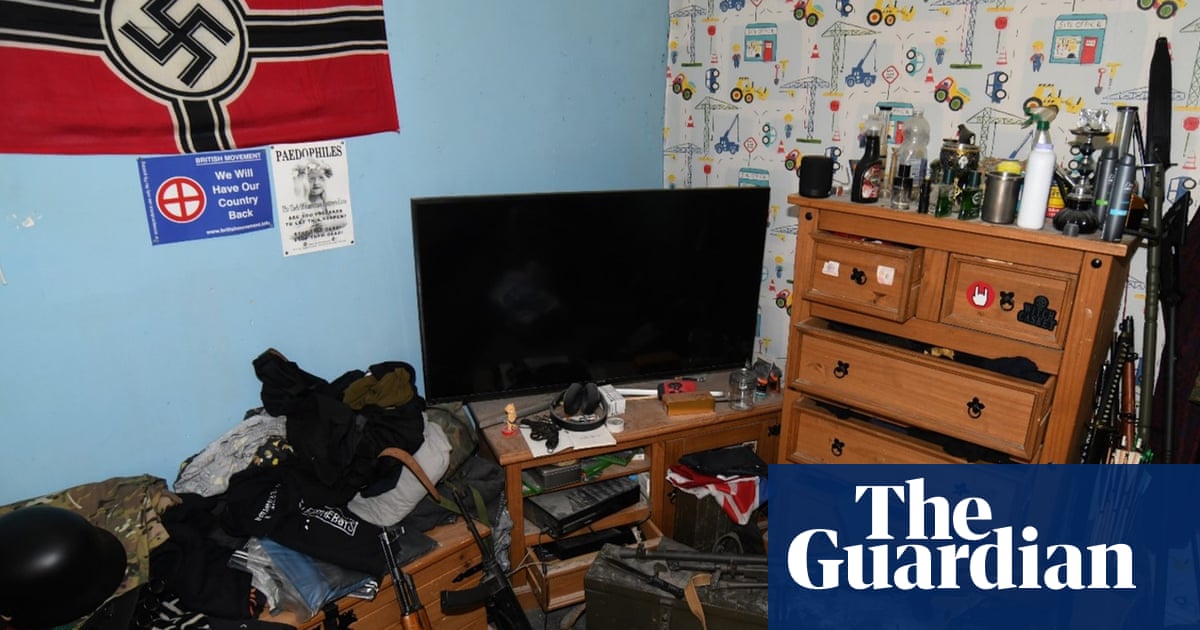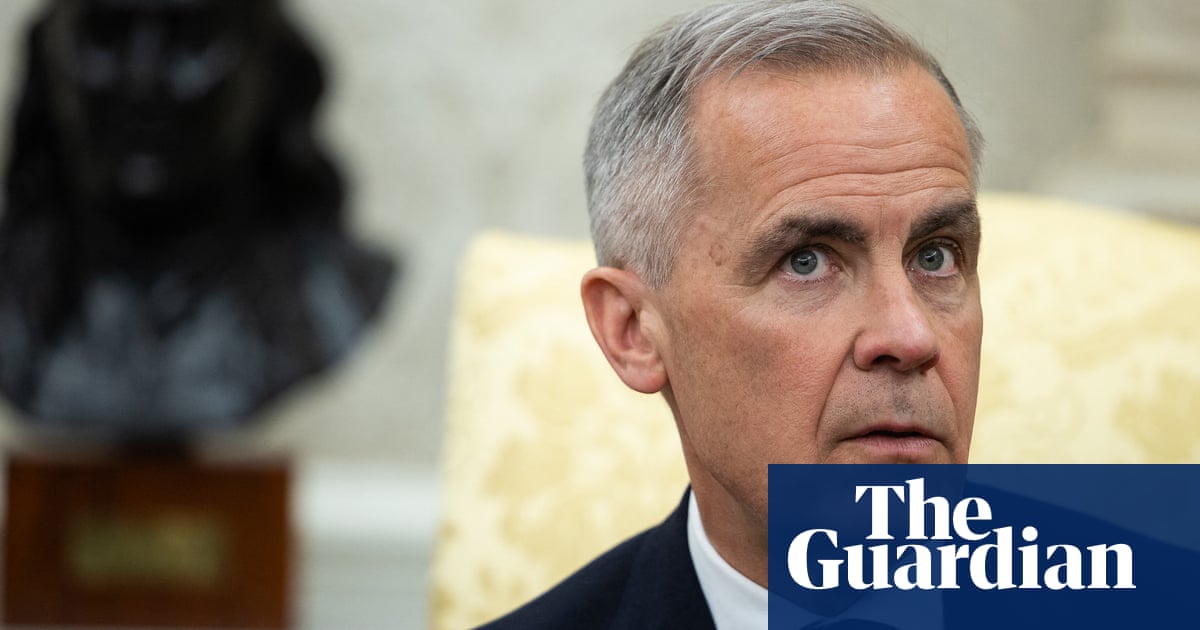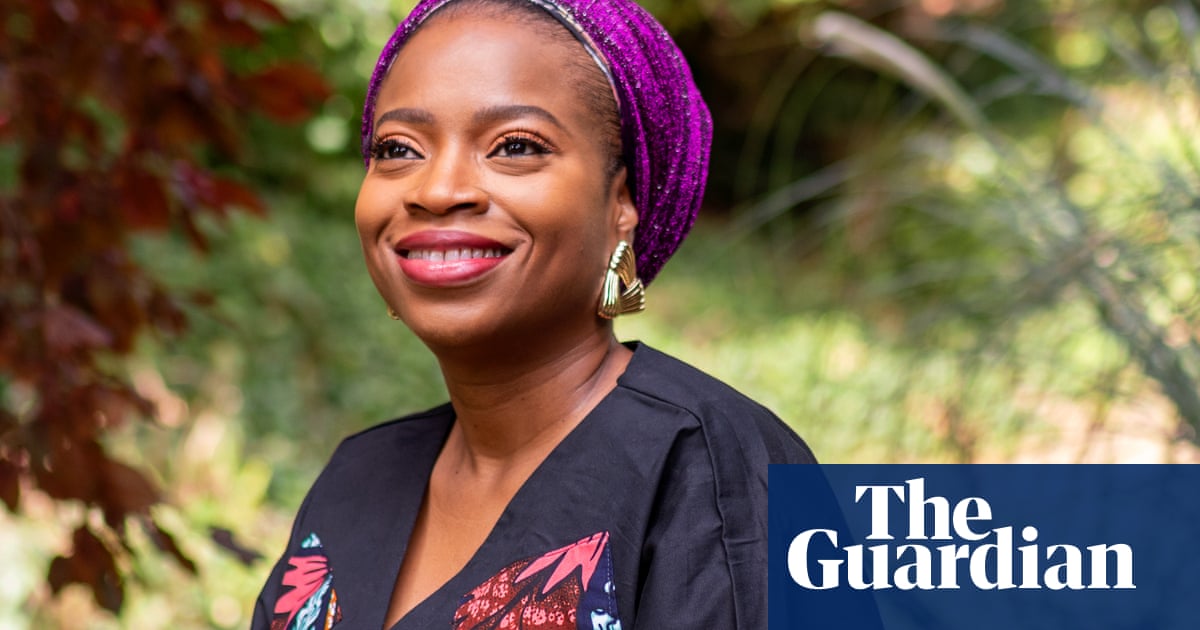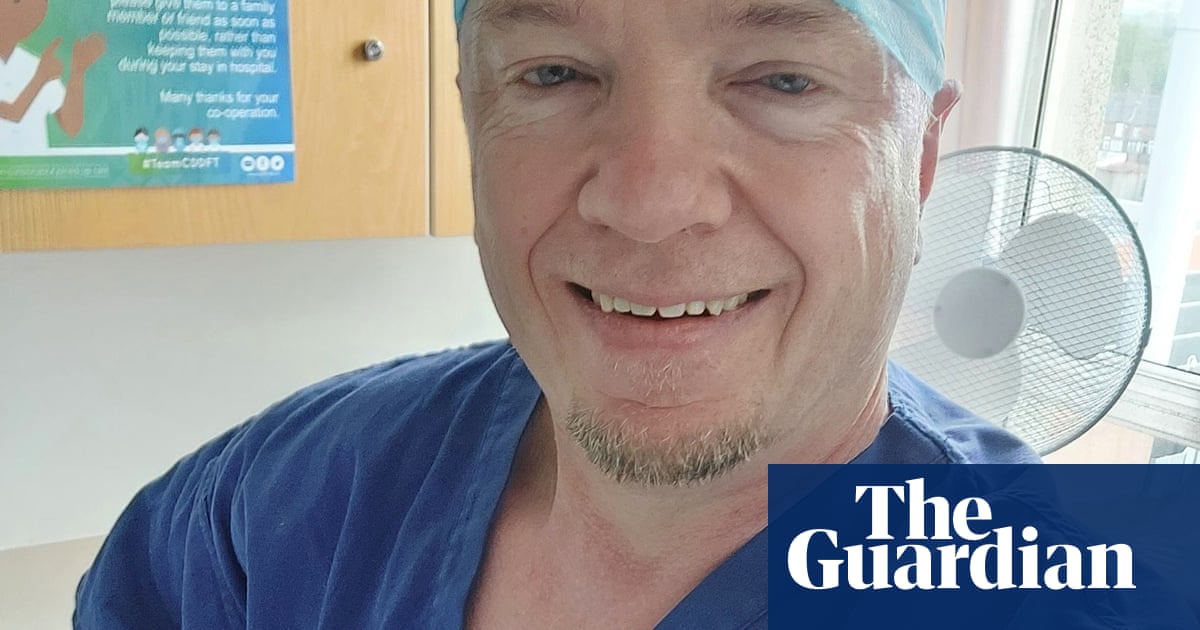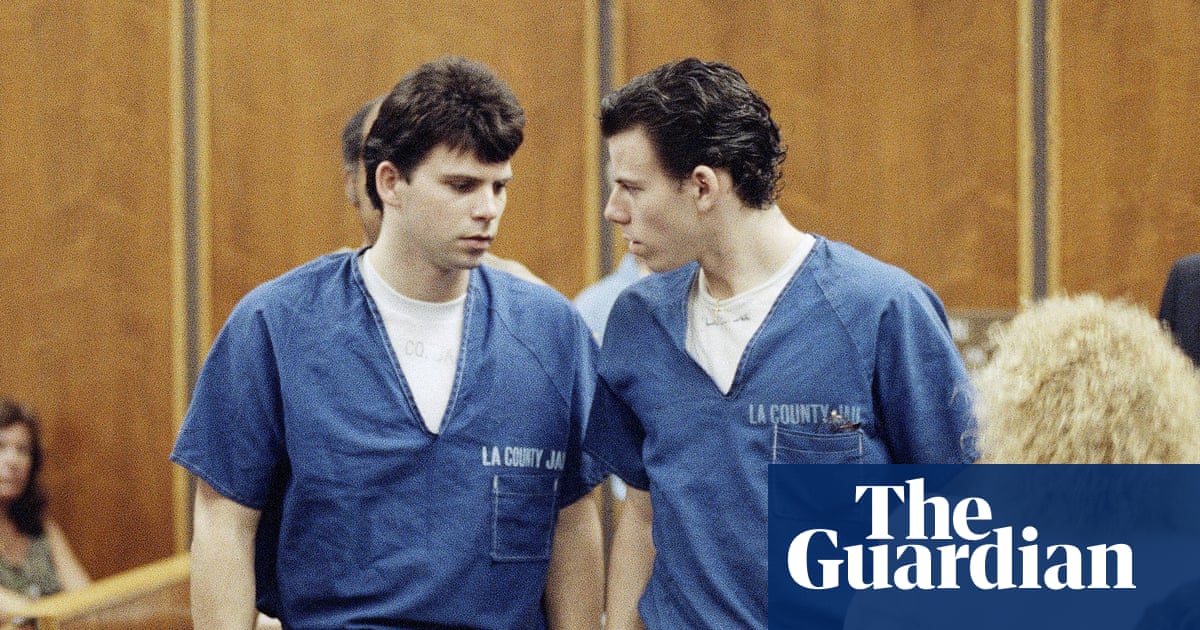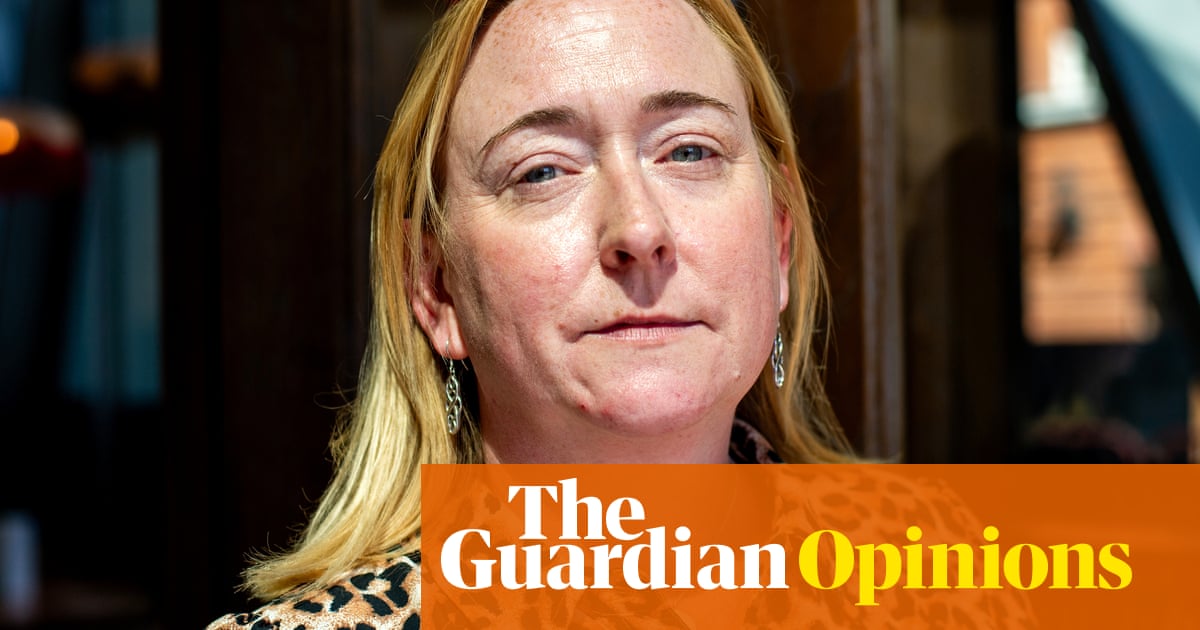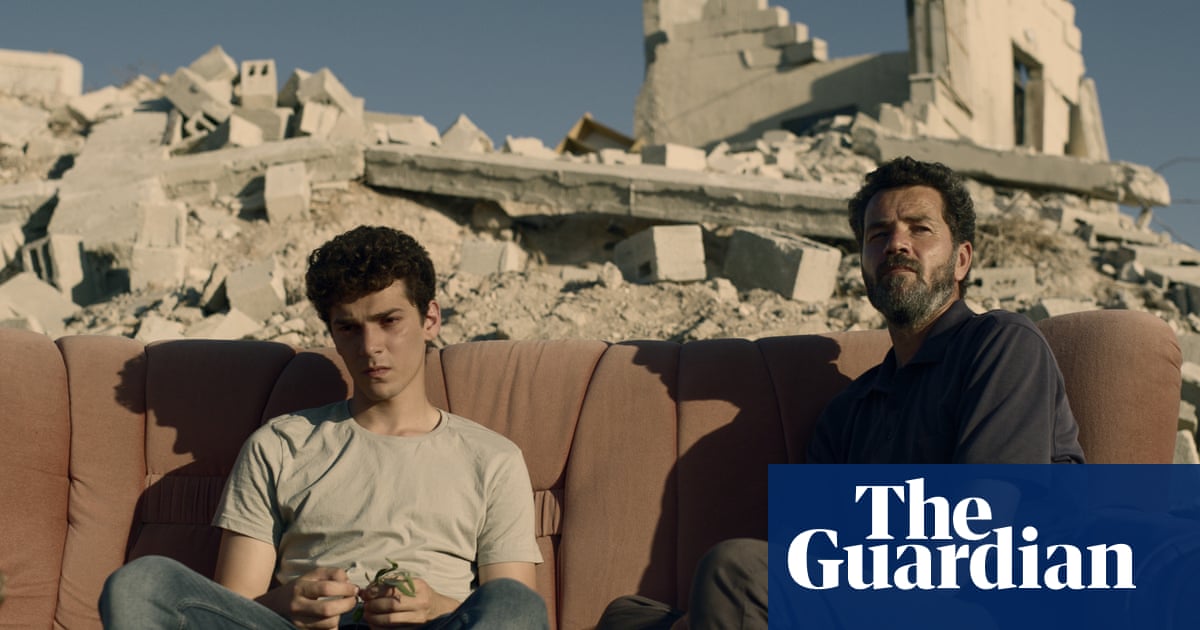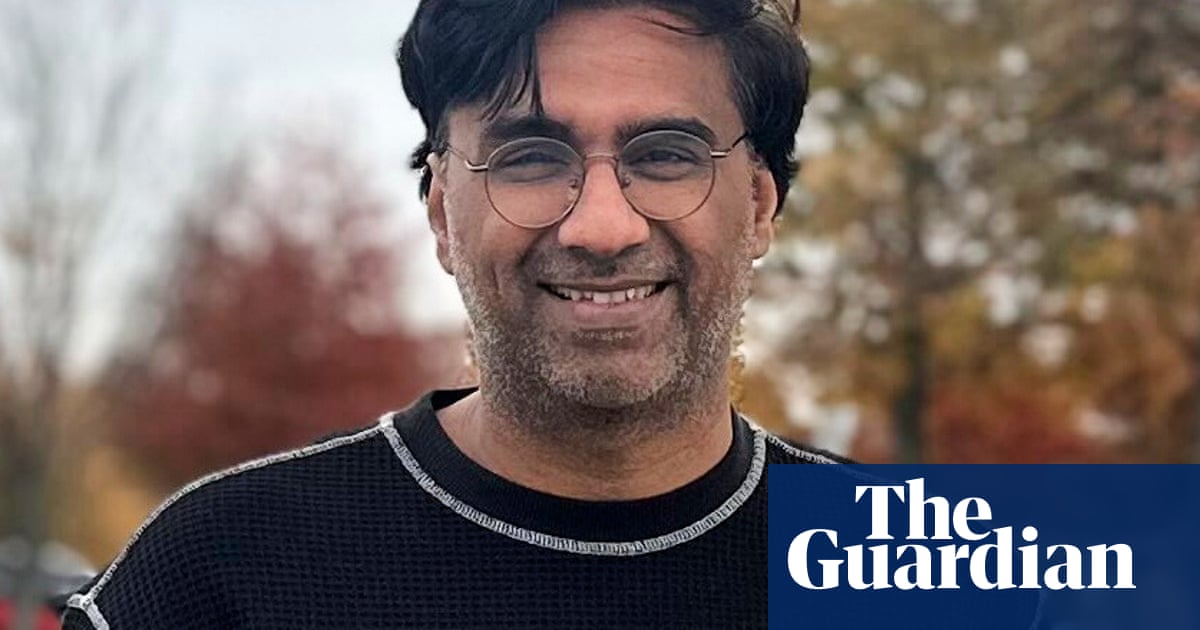I’ve been lucky. I’ve enjoyed a rewarding career in education, including almost 15 years as a principal in the Northern Territory and the ACT. I’ve worked with wonderful teachers and administrative staff, and shared in the successes of hundreds of young people and their families as they grow and graduate high school, going on to further study, employment and life adventures.
I’ve also experienced verbal and physical abuse, aggression and violence from students and their carers, directed at me and my colleagues in the course of my work as a school leader. I once regarded these occasional events as part of the job, normal in our frontline occupation. I now think we have grown complacent about the levels of violence toward a predominantly female workforce that we would not tolerate in other workplaces. As the latest data from the Australian Catholic University’s (ACU) annual Principal Health, Safety and Wellbeing report, released this week, shows, things are getting worse for my profession.
Our children and young people are learning to understand themselves and their place in the world, sometimes leading to conflict and inappropriate behaviour. Some students have needs that our schools are not set up to support. I’ve been sworn at and called all manner of offensive names, punched while breaking up a fight that would have endangered other students and staff had I not intervened, and assaulted with a paver by an ice-affected 16-year-old.
Principals are responsible under various national, state and territory legislation for the safety of staff and students. To fulfil that responsibility, we have to make quick decisions at times that can put us in harm’s way. It can happen suddenly, for example, in the form of a two metre-tall tower of a truck driver dad who bursts into the school’s front office demanding access to his child’s classroom so that he can “kill” the child’s teacher. This occurred in one of my schools and, fortunately, I could confront and calm the man. He sat and cried in my office because he felt he was spending too much time away from home and couldn’t sufficiently support his daughter.
I left my last school 18 months ago to become president of the Australian Secondary Principals’ Association, the national peak body representing all Australian public secondary school leaders. I spend much of my time listening to the experiences of my colleagues around the country and what I hear is both reassuring and depressing. Our principals are resilient and love the job but in an alarming number of cases it harms them.
I am often asked what the causes of this growing violence in our schools might be. I can speculate about the influence of social media, of rising socioeconomic stress and the increase in mental health conditions in our community. Other factors may be an increasing expectation that schools can provide a highly personalised program for every child, though we are not realistically resourced to do it, or that our duty of care is endless, and we can solve society’s problems.
Whatever the reasons, we need practical action as quickly as possible or we will lose principals, the teacher shortage will increase and our kids’ education will suffer. We need stronger reassurances from Peter Dutton of his commitment to maintaining full funding for the federal department of education that is now leading the necessary reform agenda through the hard-won Better Fairer Schools Agreement. Resourcing, collaboration and continuity are key to avoid making things even worse for teachers and principals.
The growing workload, stress and occupational violence facing principals are not limited to public schools; the ACU survey reports similar accounts from the independent and Catholic sectors. In April last year, my colleague Angela Falkenberg from the Australian Primary Principals Association and I highlighted the urgent need to address the wellbeing of school principals in a presentation to the Education Ministers Meeting in Perth.
We proposed establishing an EMM-sponsored working group to develop effective strategies to address these challenges. Possible solutions include public media campaigns focused on respect and legislative measures to address inappropriate behaviour from parents and carers such as the Victorian School Community Safety Order. We should consider new, more flexible learning pathways and schooling structures, and provide support and resourcing for schools to employ psychologists, youth workers, occupational therapists and community liaison officers.
No EMM working group has yet been established and now we have 14 years of worsening data from the ACU. To his credit, the federal education minister, Jason Clare, established the National Principals’ Reference Group after our presentation, representing principals and school leaders across all school sectors and levels of education in Australia. My colleagues and I are eager to see ongoing bipartisan support for this forum and a coordinated national approach to resume in earnest after the federal election.
I loved being a principal and am proud to advocate for my colleagues who line up daily to serve their communities nationwide. Managing conflict and keeping our people safe may be part of the job. But if we are serious about our education system and the future of our country, we need practical help, support and genuine partnership from governments and our community to address rising violence against school leaders.
-
Andy Mison is the president of the Australian Secondary Principals’ Association

 1 month ago
43
1 month ago
43

